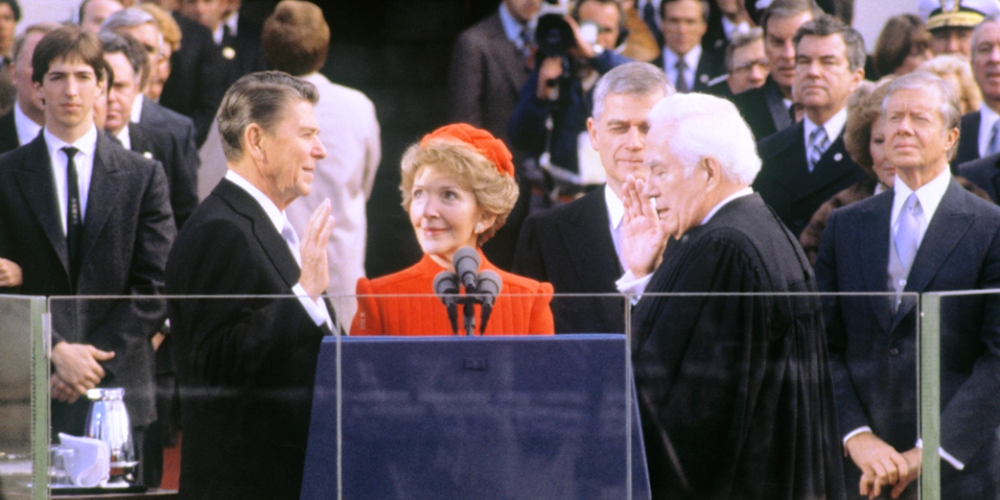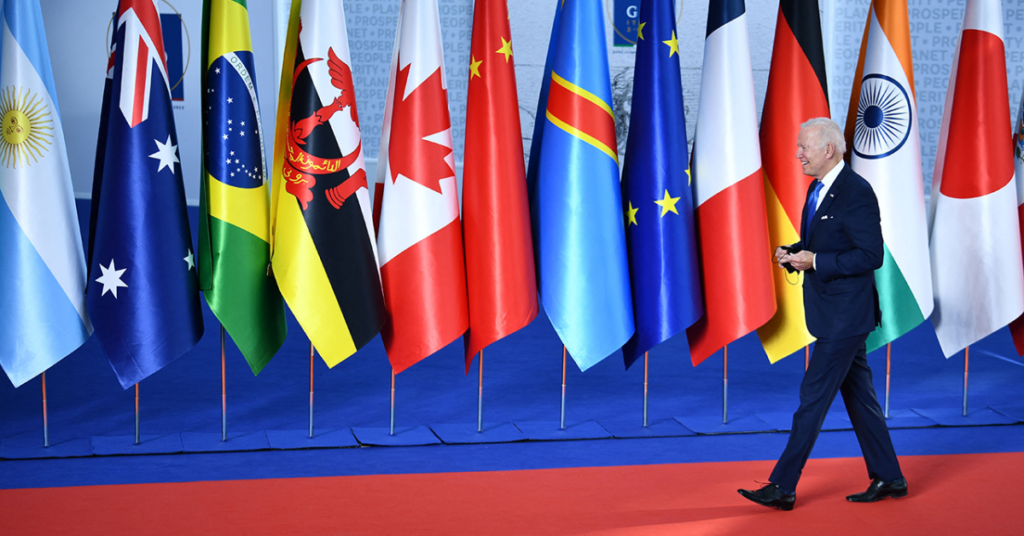Foreign policy experts must pay closer attention to the voices from the streets, as the disconnect between elite policymaking and public sentiment often leads to policies that are out of touch with the reality faced by ordinary people. While diplomats and strategists focus on geopolitical trends and national security concerns, the views and experiences of the general population can offer valuable insights into the broader consequences of foreign policy decisions.

Source:- bbc news
The rise of populism and the increasing influence of social movements have shown how deeply interconnected domestic concerns are with international affairs. Economic hardship, migration, and global conflicts directly impact people’s lives, yet these concerns are frequently overlooked in high-level discussions. For example, the growing resentment toward international trade agreements, foreign interventions, and immigration policies often reflects widespread unease about how such policies affect local communities.
Source:- news 18
By engaging with the public and incorporating their perspectives, foreign policy experts can create more inclusive and sustainable strategies. This means not just listening to elites or analysts but also hearing from workers, small business owners, activists, and ordinary citizens who bear the brunt of the decisions made in distant boardrooms and government offices.
Listening to the street doesn’t mean abandoning strategic objectives, but rather grounding them in the real-world implications for people’s lives. It’s about recognizing that effective foreign policy is not just about national interests but also about ensuring that those interests align with the welfare and aspirations of the broader public. Incorporating diverse voices into the policymaking process can lead to more balanced, responsive, and ultimately successful foreign policy.
Share your views in the comments

